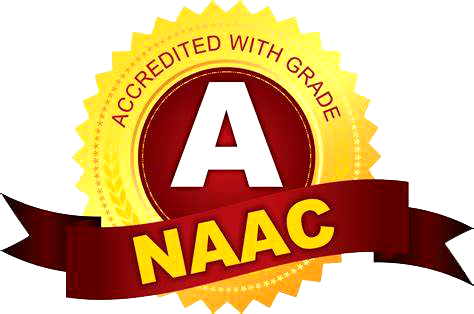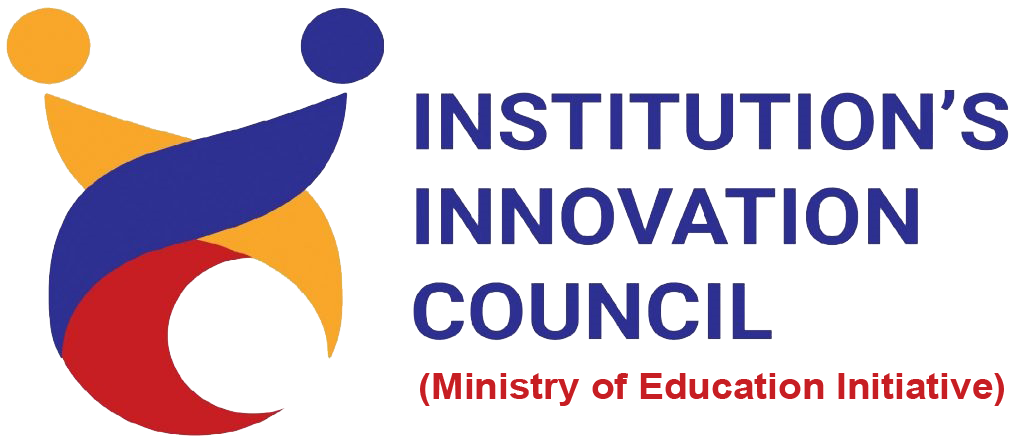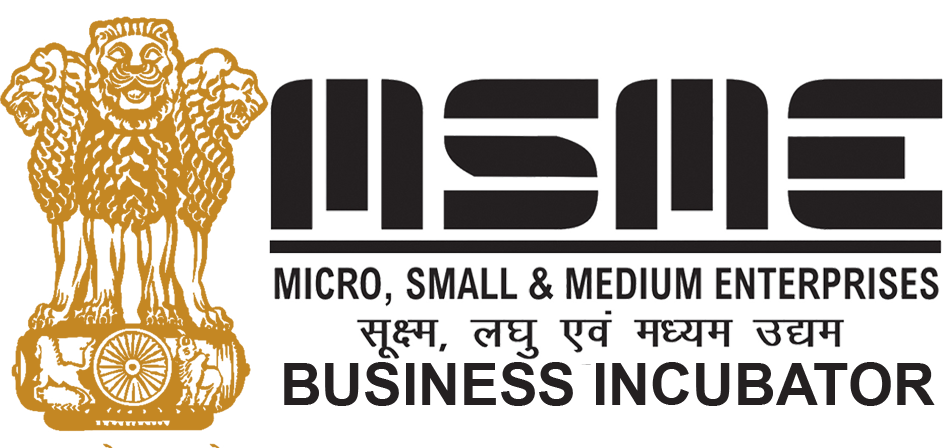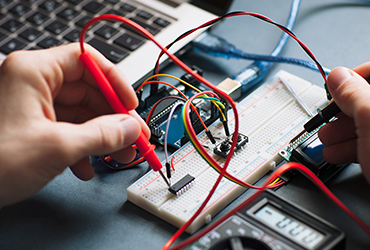
ABOUT DEPARTMENT
The department was established in the year 2008 to start a four year B.E. - Electrical and Electronics Engineering program affiliated to Anna University. Initially the department was started with the student intake of 60.
FROM THE HOD'S DESK
Electrical and Electronics Engineering is one of the prime branches in Engineering disciplines, responsible for enlightening the world, as it serves for comfort of human life from home appliances to space crafts. Laboratory with modern equipment to cope up with updated University syllabi, computer centre with required electrical and electronic workbenches, department library are the major infrastructural facilities for nourishing our students. With qualified faculty the department boast of rich academic delivery both theory and practical.
VISION & MISSION
VISION :To provide excellence in technical education of electrical and electronics engineering and produce globally competent engineers for the revolution of industry.
MISSION :
M1: To Provide good infrastructure and serene environment to our students and faculty members to meet the requirement of electrical and electronics engineering.
M2: To prepare the students through contextual technical education for their career enrichment.
M3: To impart knowledge on core engineering fields through projects, workshops and industry interaction.
M4: To prepare graduates with ethical, social and environmental awareness to demonstrate professionalism in multidisciplinary environment.
PROGRAMME EDUCATIONAL OBJECTIVES (PEO)
The Program Educational Objectives of Bachelor of Electrical and Electronics Engineering are,
PEO 1: To prepare students to analyze, design and implement basic electrical circuits and power systems using the knowledge of basic science and mathematics.
PEO 2: To train students with scientific and engineering knowledge so as to comprehend, analyze, design and create novel products and solutions for real time problems.
PEO 3: To prepare students with robust knowledge in core engineering for the betterment of placement, research and higher studies.
PEO 4: To inculcate graduates with communication skills, leadership qualities in their profession and adopt to current trends by engaging in lifelong learning.
PEO 5: To prepare graduates to demonstrate professionalism with social and ethical values.
PROGRAMME OUTCOMES (POs)
PO 1: Engineering Knowledge : Apply the knowledge of mathematics, science, engineering fundamentals, and an engineering specialisation to the solution of complex engineering problems.
PO 2: Problem analysis : Identify, formulate, research literature, and analyse complex engineering problems reaching substantiated conclusions using first principles of mathematics, natural sciences, and engineering sciences.
PO 3: Design/development of solutions: Design solutions for complex engineering problems and design system components or processes that meet the specified needs with appropriate consideration for the public health and safety, and the cultural, societal, and environmental considerations.
PO 4: Conduct investigations of complex problems: Use research-based knowledge and research methods including design of experiments, analysis and interpretation of data, and synthesis of the information to provide valid conclusions.
PO 5:Modern Tool Usage : Create, select, and apply appropriate techniques, resources, and modern engineering and IT tools including prediction and modelling to complex engineering activities with an understanding of the limitations.
PO 6: The Engineer and Society : Apply reasoning informed by the contextual knowledge to assess societal, health, safety, legal, and cultural issues and the consequent responsibilities relevant to the professional engineering practice.
PO 7: Environment and Sustainability: Understand the impact of the professional engineering solutions in societal and environmental contexts, and demonstrate the knowledge of need for sustainable development.
PO 8: Ethics : Apply ethical principles and commit to professional ethics and responsibilities and norms of the engineering practice.
PO 9:Individual and Team Work : Function effectively as an individual, and as a member or leader in diverse teams, and in multidisciplinary settings.
PO 10: Communication: Communicate effectively on complex engineering activities with the engineering community and with society at large. Some of them are, being able to comprehend and write effective reports and design documentation, make effective presentations, and give and receive clear instructions.
PO 11:Project Management and Finance : Demonstrate knowledge and understanding of the engineering and management principles and apply these to ones own work, as a member and leader in a team, to manage projects and in multidisciplinary environments.
PO 12: Lifelong learning : Recognise the need for, and have the preparation and ability to engage in independent and lifelong learning in the broadest context of technological change.
PROGRAMME SPECIFIC OUTCOMES (PSOs)
PSO 1:Ability to understand the principles and working of electrical components, circuits, systems and control that are forming a part of power generation, transmission, distribution, utilization, conservation and energy saving. Students can assess the power management, auditing, crisis and energy saving aspects.
PSO 2:Ability to apply mathematical methodologies to solve problems related with electrical engineering using appropriate engineering tools and algorithms.
PSO 3:Ability to use knowledge in various domains to identify research gaps and hence to provide solution which leads to new ideas and innovations.
Faculty Profile
| S.No | Photo | Faculty Name | Designation | Qualification | Vidwan Profile | |
|---|---|---|---|---|---|---|
| 1 | 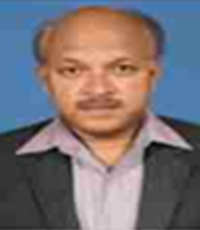 |
Dr. M Rajkumar | Principal | M.E.-Power System,Ph.D | principal@jpcoe.ac.in | |
| 2 | 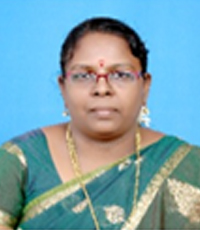 |
Dr.V.Jeyalakshmi | Professor & Head | M.E.-Control & Instrumentation,Ph.D | hodeee@jpcoe.ac.in | |
| 3 | 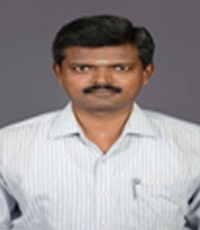 |
Dr.T.Arun Srinivas | Assistant Professor | M.E.-Power Electronics & Drives,Ph.D | arunsrinivas@jpcoe.ac.in | |
| 4 | 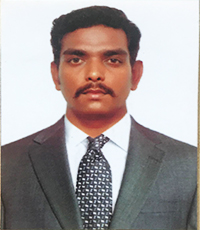 |
Mr.T.Manojkumar | Assistant Professor | M.E: Power Electronics and Drives | tmanojap@gmail.com | |
| 5 | 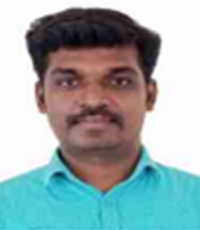 |
Mr.P.Rajvel Nagarajan | Assistant Professor | M.E.-Power Electronics & Drives | rajvelnagarajan@jpcoe.ac.in | |
| 6 | 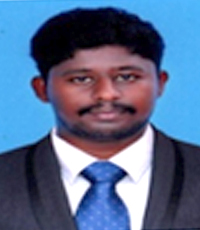 |
Mr.S.Jabez Kiruba | Assistant Professor | M.E.-Power Systems Engineering | jabezkiruba@jpcoe.ac.in | |
| 7 | 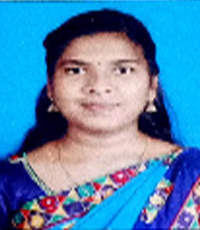 |
Ms.R.Rajeshwari | Assistant Professor | M.E.-Power Electronics & Drives | rajeshwari@jpcoe.ac.in | |
| 8 | 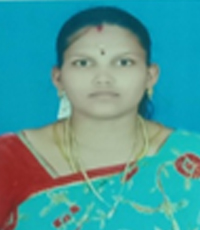 |
Mrs.S.Sathya | Assistant Professor | M.E.-Power Electronics & Drives | sathya@jpcoe.ac.in | |
| 9 | 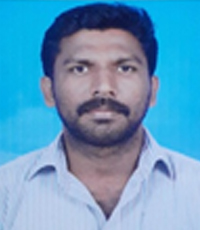 |
Mr. G. Rajesh | Assistant Professor | M.E.-Power Systems Engineering | rajesh@jpcoe.ac.in | |
| 10 | 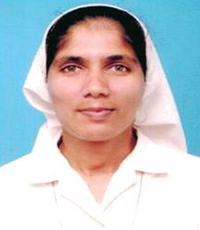 |
Rev.Sr.Jude Lisa C | Assistant Professor | M.E.-Power Systems Engineering | cjudelisa@mail.com | |
| 11 | 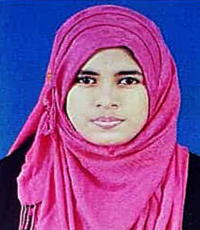 |
Mrs. Shreen Farihan A | Assistant Professor | M.E.-Power Systems Engineering | shreef57@mail.com |

